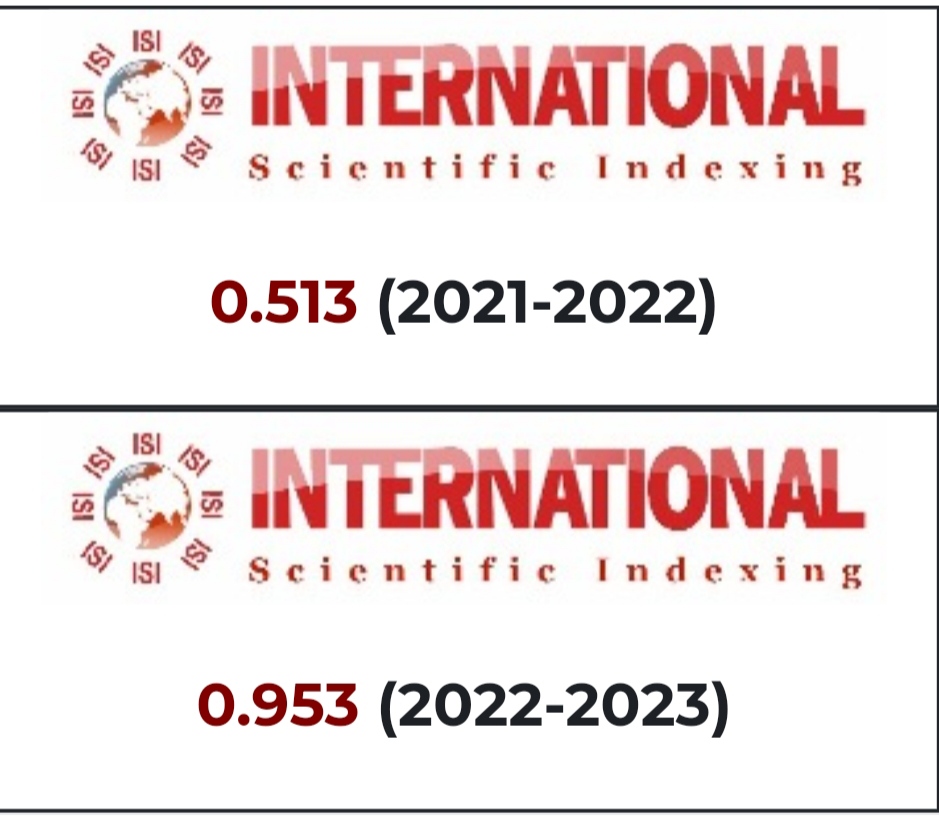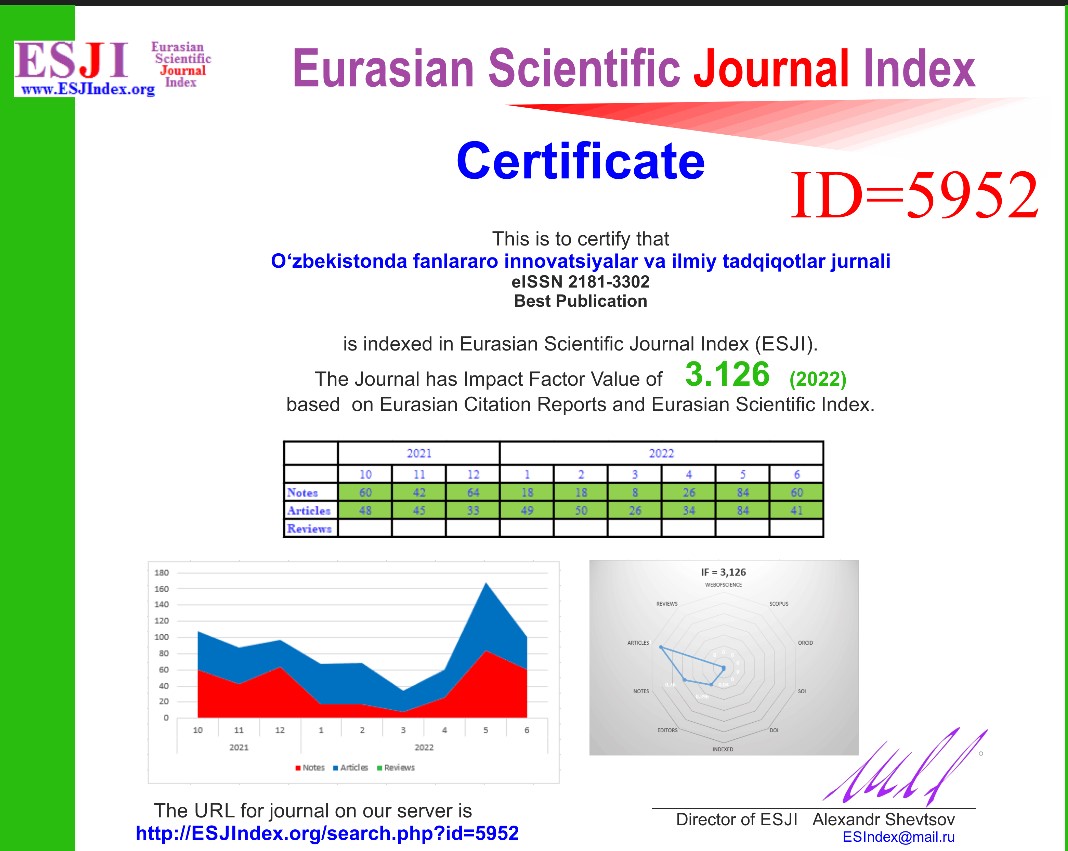PREPOSITIONAL POLYSEMY IN THE ENGLISH LANGUAGE
Ключевые слова:
`Polysemy, inflexion, mass-words, connotative, cases, aspect, meanings.Аннотация
Polysemous words give rise to problems in translation when they appear in decontextualized sentences, since there is no strongly biasing linguistic context that can remove their ambiguity and specify their meanings. The translator then has to resort to the context of situation to eliminate the ambiguity. However, polysemous words might give rise to problems even in the presence of the strongly biasing linguistic context, if the translator does not take the context into his consideration and stick to the core meaning of the word.
Библиографические ссылки
Ginzburg E.S., Khidekel S.S. A course in modern English lexicology. — M.: High school, 1979. — 269p.
Kveselevich D.I., Sasina V.P. Modern English lexicology in practice. — V.: Nova Knyha, 2003. — 136p.
Minayeva L.V. English lexicology and lexicography. — M.: High school, 2003. — 224p.
Arnold I.V. The English word. — M.: High School, 1979. — 302p.
Lakoff G. Cognitive models and prototype theory. — In Concepts: Core
Readings, Cambridge, Massachusetts: The
MIT Press. 1999. — 421p.











